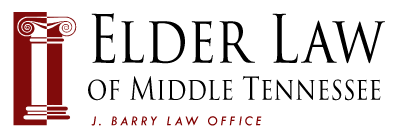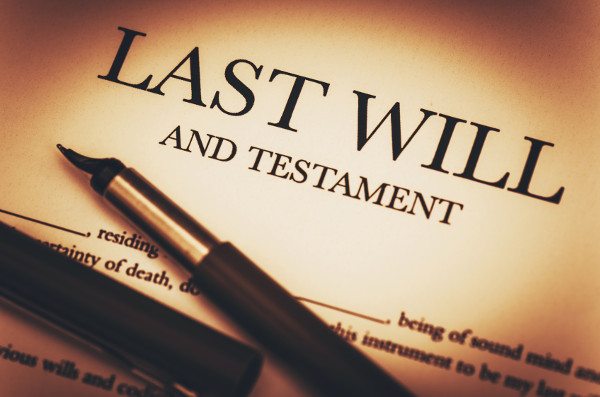Estate Planning for Seniors and most people follow a path of breaking down the needs of each of us into different areas: A Plan for while we are living especially in case of incapacity; and a plan for when we die.
While we are alive having the correct documents are very important, but they are often an overlooked part of our planning. However, planning for after your death can be just as important. This blog is written in view of being a Tennessee resident in 2023. If the facts below vary, the outcome could change. Therefore, this article is no substitute for contacting an attorney in your state for the latest legal advice.
Many people are confused about what happens to their assets after they die. Some think that if they have a “Will” their assets will not have to go through Probate, or that if they have a “Will” everything goes to who it says in the “Will.” This is not true, please continue to read this blog.
How your assets will pass at your death? This depends upon how the property is owned by the decedent which is the person that has died.
First, if the property was jointly owned normally the property would go to the joint owner or owners. An example of this is the title of the car is Joe and/or Jane. A Last Will and Testament would not affect this property other than pass ownership to the surviving owner(s).
Second, if the property is only owned by the decedent or deceased person, but there is a beneficiary associated with the ownership, it would pass to the beneficiary. An example of this might be an IRA, a bank or investment account, or stock or bonds to name just a few assets. In this case, if there was no joint ownership to trump the beneficiary would receive the asset.
Third, if there are no joint owners, or no beneficiaries, the property would pass to the deceased person’s estate. Only in this case could the ownership be determined by a Last Will and Testament. Some people think that if the “Will” says Joe will get the stock, they should get the stock. However, that is only if the person still owned the stock at the time of death, the stock was not joint owned by another, and the stock did not have a beneficiary assigned to it. In addition the Last Will and Testament would have to go through probate so that a judge could determine if the will presented was a valid will. If there was not a valid Last Will and Testament, then the probate would turn to the state laws and determine ownership by intestate which is the current law for not having a valid Last Will and Testament.
Fourth, if the property is in a trust, the ownership would be determined by the trust directions and the current laws. This would be a type of beneficiary associated with the ownership.
Please consult an attorney in your state for more current details for the passing of property after death.
For more information, contact our Lebanon, TN office at 615-444-3568 and schedule your appointment today.

